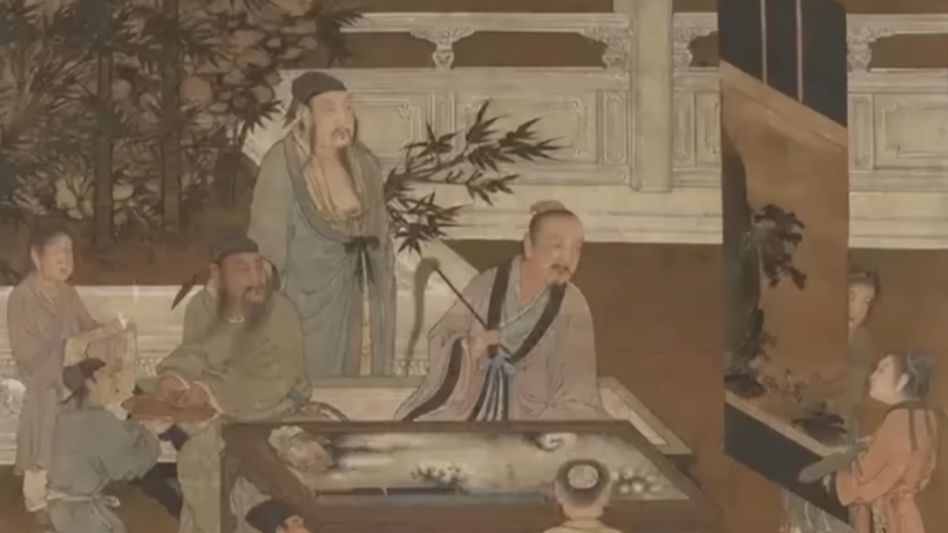If we look at the map of world civilization, we can easily recognize an interesting fact. The West is associated with Christianity. Meanwhile, the East, especially China, Vietnam, Japan, and the Korean Peninsula, which includes both North and South Korea, has lived under the shadow of Confucianism for thousands of years. Even today, when Confucianism no longer holds the top position, its imprint remains deeply ingrained in the way Eastern people behave, study, and think. However, Confucianism has also held back the East in relation to the West.
How has Confucianism changed the East?
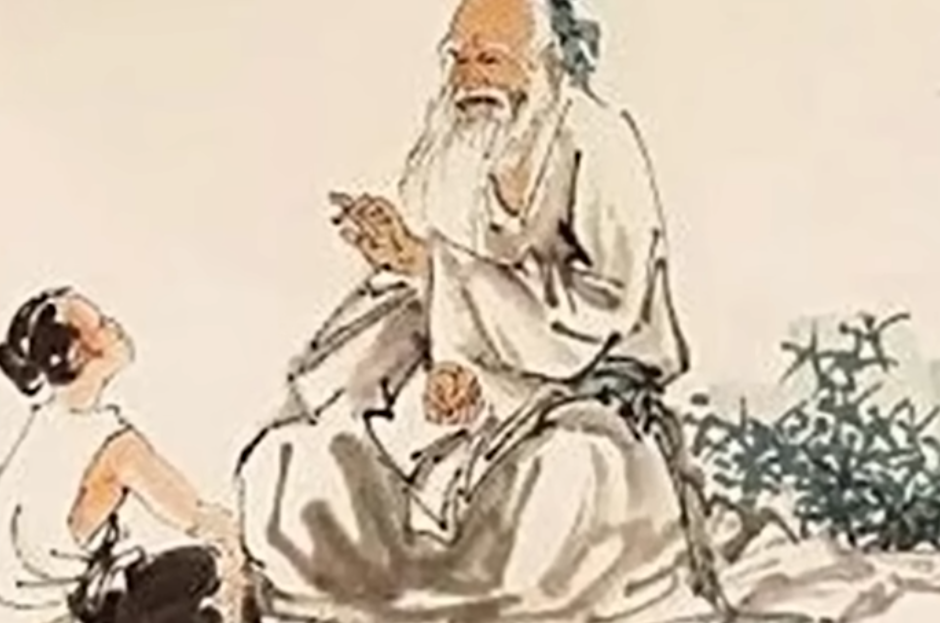
Confucius, the founder of Confucianism, was born in 551 BC during the chaotic Spring and Autumn period. Society at that time was tumultuous, with vassals vying for power and common people suffering. Confucius harbored a deep concern about how to achieve peace in the world. His answer did not come from swords or harsh laws but from human morality. Confucius believed that if people lived with benevolence, righteousness, propriety, wisdom, and trustworthiness, then from the king to the common people, from top to bottom, the world would be stable. This is the cornerstone of Confucianism.
Benevolence here is the root of Confucianism. It means knowing how to love, knowing how to put oneself in the position of others to empathize. A person with benevolence will not heartlessly harm anyone and will think of the common good. For example, if you see someone in difficulty, you do not turn away but are willing to help within your means. That is benevolence. But benevolence is not about indulging without principles. If you spoil too much, people will become dependent. Righteousness here means what must be done. Righteousness means doing the right thing not for personal gain but because it is the right thing to do.
A person with righteousness is willing to sacrifice for small gains to uphold what is right. For example, if you see an elderly person crossing the street, you do not think about whether it benefits you or not; you simply see the need and step out to help. Righteousness keeps people from being swept away by greed. It reminds us that there are standards that must be respected even when no one praises or rewards us.
Propriety here is not just about rituals or worship. In daily life, propriety is how people know to maintain moderation and respect for one another. Greetings, polite speech, knowing how to say thank you and apologize, all of these are propriety. Thanks to propriety, people live closer together and have fewer conflicts. Propriety stems from respect and sincerity. Wisdom here is the ability to distinguish right from wrong, knowing what should be done and what should not. Wisdom is not just about reading many books but also about thinking, considering consequences, listening, and changing when realizing one is wrong.
A wise person does not blindly follow the crowd, nor do they stubbornly hold onto their own opinions when they see something more reasonable. For example, when helping others, you must be wise enough not to help them in a way that makes them increasingly dependent. Wisdom makes benevolence and righteousness become wise and practical. And finally, there is trustworthiness. Trustworthiness here is the important word for building trust. A trustworthy person is someone who does what they say, keeps their promises. When they have repeatedly done as promised, just one word is enough for others to trust them. Conversely, if they often break promises, no matter how many words they say, no one will believe them anymore.
Trustworthiness does not mean being stubborn, holding onto a wrong promise. If you see an old promise causing harm, you must honestly speak up, explain the reason, and find a way to make amends. Initially, Confucianism was not a dominant ideology. At that time, people preferred the freedom of Daoism or the strict discipline of Legalism. But by the time of Emperor Wu around 136 BC, Confucianism was elevated to the status of the national religion, becoming the backbone of the entire Chinese empire. From then on, the path to officialdom was closely tied to studying Confucianism. To become an official, one had to study the Book of Songs, the Book of Rites, the Book of Changes, and be well-versed in propriety and etiquette.
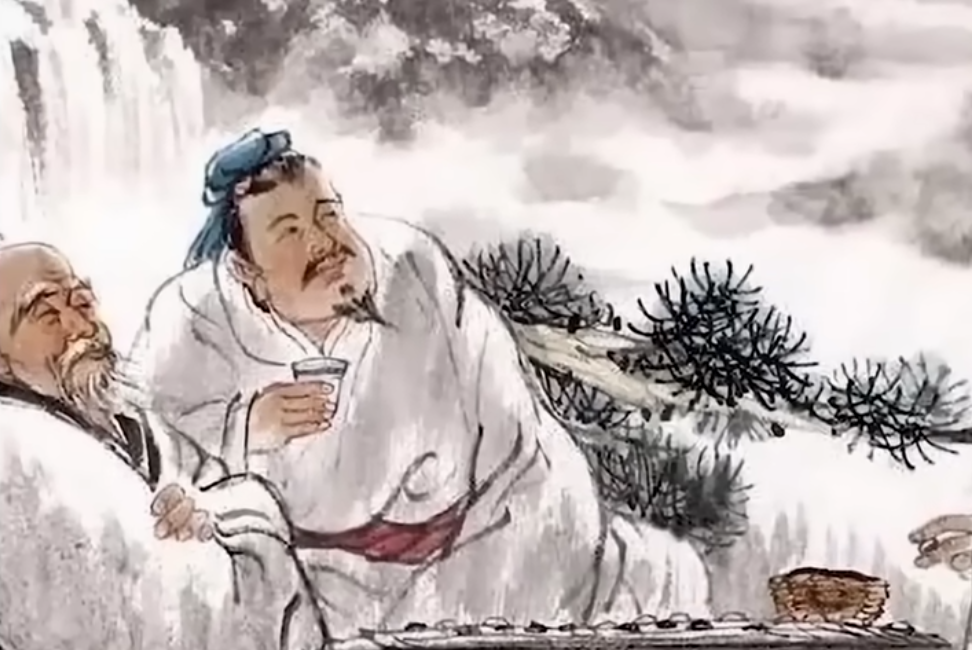
Politics was also based on the principle of legitimacy, with rulers ruling as rulers, officials as officials, and people as people. Society was organized around the three cardinal guides and five constant virtues, meaning that relationships between father and son, husband and wife, and ruler and subject were clearly defined. The beauty of Confucianism is that it transformed a vast and multi-ethnic country like China into a stable entity for thousands of years. However, the downside is that it also made society become suffocating, with too many rituals and regulations. After becoming the national religion in China, Confucianism began to spread to neighboring countries.
In Vietnam, Confucianism followed the officials from the North during the period of Northern domination. The Vietnamese were originally attached to folk beliefs, but during the Ly and Tran dynasties, especially during the Le dynasty, Confucianism gradually took center stage, previously held by Buddhism. The early Le dynasty regarded Confucianism as the foundation for governing the country. Le Thanh Tong issued the Hong Duc Code based on Confucian propriety and organized examinations to select officials. There had already been examinations during the Ly dynasty. The Vietnamese people's fate was closely tied to the path of learning characters and classical texts to take exams and become officials. As a result, a class of diligent scholars was formed.
But because of this, many people studied only to become officials and not to create. In Korea, Confucianism was introduced early, but it was not until the Joseon dynasty that it was truly revered. They were influenced by Confucianism to the extent that rituals, mourning, and even family relationships were strictly adhered to. It can be said that if China is the cradle, then Korea is where Confucianism has deeply rooted itself in everyday life. Japan, on the other hand, is more pragmatic. They adopted Confucianism but only took what was beneficial for building discipline and order. The Japanese samurai were strongly influenced by Confucianism, being absolutely loyal to their lords, valuing honor, and living according to propriety.
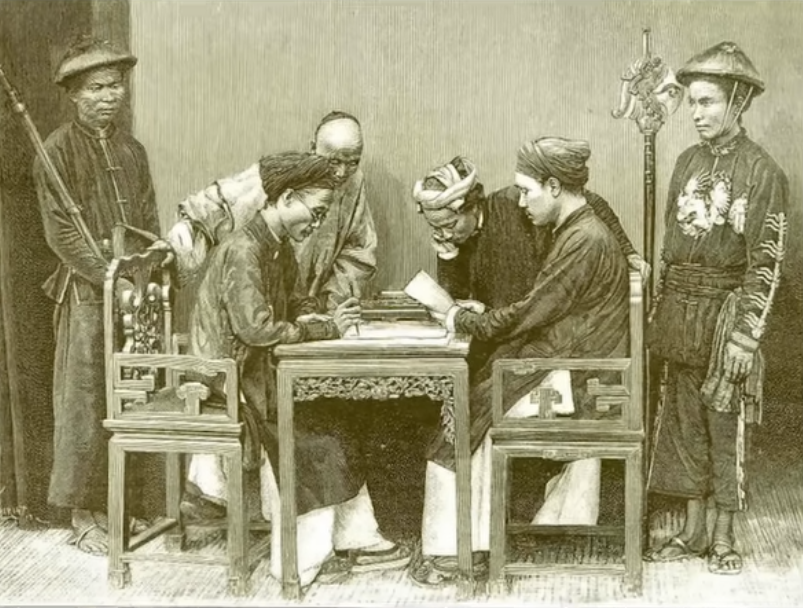
Confucianism helped the feudal regime govern the country. This created an order like a tower, with clear hierarchies and little turmoil. With the examination system, the feudal state easily created a class of officials who were both educated and loyal. Because everyone wanted to become an official, they had to learn Confucian texts, the Four Books, and the Five Classics, so officials entering the court shared a common ideology that was easy to follow. In addition, Confucianism also created a model called moral governance, meaning governing the country through morality. A wise king leads the people to follow, and a virtuous official ensures a peaceful society. Everything is maintained not only by swords and spears but by the belief that the king is the Son of Heaven, the parent of the people.
Moreover, with the three cardinal guides and five constant virtues, society was built into a solid framework. Ruler and subject, father and son, husband and wife all had clear hierarchies, and the family became a solid foundation for building the nation.
However, everything has two sides. Confucianism helped stabilize the Eastern feudal regime, but it also became a barrier that caused the East to lag behind as the world changed. First, Confucianism caused society to be tightly bound by regulations. Because Confucianism dictates that people are like pre-defined roles. The king rules, officials assist, the people obey, fathers are strict, sons are filial, husbands command, and wives obey. This system creates stability but also stifles individuality.
People are not encouraged to break molds or be creative. Even talented individuals with thoughts that deviate from Confucian norms find it difficult to find opportunities. Second, Confucianism turns education into rote learning. The whole society focuses on the examination system. To become an official, one must study the Four Books, the Five Classics, write essays, and comment on classical texts. As a result, for thousands of years, learning for creativity or invention has hardly been valued. A person skilled in mechanics, calculations, or with a scientific mind is not valued if they are not proficient in Confucian literature. This stifles the spirit of exploration and experimentation.
While Europe during the Renaissance was bursting with scientific advancements, the East remained stagnant with poetry and essays. This is one of the reasons why the East gradually fell behind when colliding with the modern West. And women today certainly do not favor Confucianism. Because Confucianism confines women within strict boundaries. With the three obediences and four virtues, women must revolve around men throughout their lives. At home, they follow their fathers, when married, they follow their husbands, and when their husbands die, they follow their sons. The doctrine of filial piety and propriety places women in a position of absolute dependence.
The intellectual talents of half the population are sidelined, limited to household chores and obedience. This is a huge loss to society as many potentials are stifled and cannot contribute to common development. Furthermore, Confucianism is very conservative. Once Confucianism becomes an absolute norm, everything new must be viewed through the lens of Confucius and Mencius. Any idea contrary to the teachings of the sages is considered heretical and superstitious. This is what causes political and social reforms to often fail or be obstructed. Dynasties that want to change drastically often face opposition from the Confucian scholar class. As a result, society remains trapped in a cycle of external stability but internal stagnation.
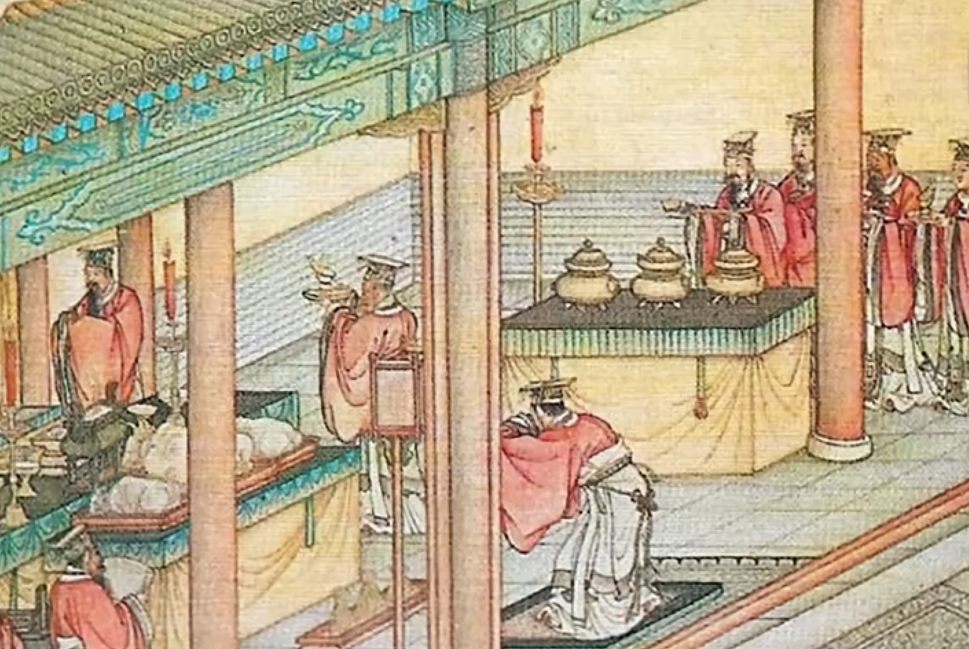
These limitations have caused the East, despite having an early and brilliant civilization, to lag behind the West since the 16th century. When Europeans entered the Age of Exploration and the scientific revolution, Easterners were still caught up in local examinations. When the West manufactured guns and warships, the East still valued literature and propriety. And when the West brought cannons, Eastern nations were shocked to realize their backwardness, but by then it was too late. By the 20th century, when the East had strong contact with the West, Confucianism could no longer maintain its former status. However, its imprint remains intact.
Let’s talk about the positive aspects of Confucianism in this era. In education, the spirit of learning and the pressure of examinations in China, Korea, and Vietnam are a result of the examination tradition. In families, the culture of respecting and honoring parents and valuing propriety is still deeply rooted. In politics, many Eastern leaders still speak of moral governance rather than purely legalistic approaches. It can be said that Confucianism is like a preset program in the minds of Eastern people, no longer absolutely controlling but still subtly influencing the way we live and think.
Thus, Confucianism has transformed the East into a land that values propriety, a love of learning, family, and discipline. But at the same time, it also binds individuals, stifles creativity, and is often turned into a tool of governance. While the West has Christianity as a bond connecting people with God, the East has Confucianism as a bond tying people to family, society, and rulers.
